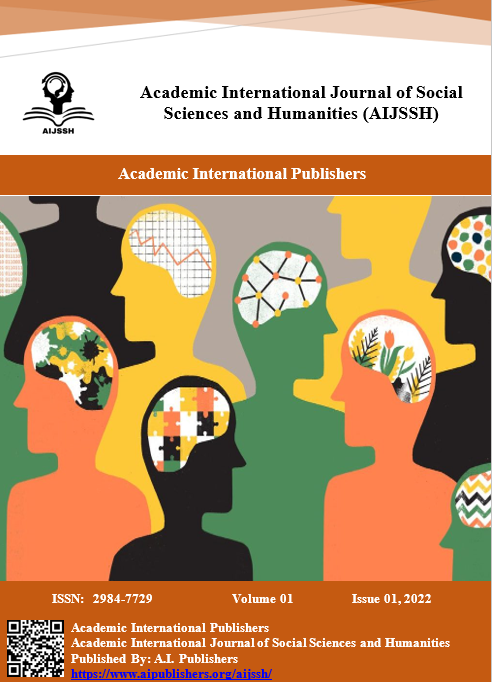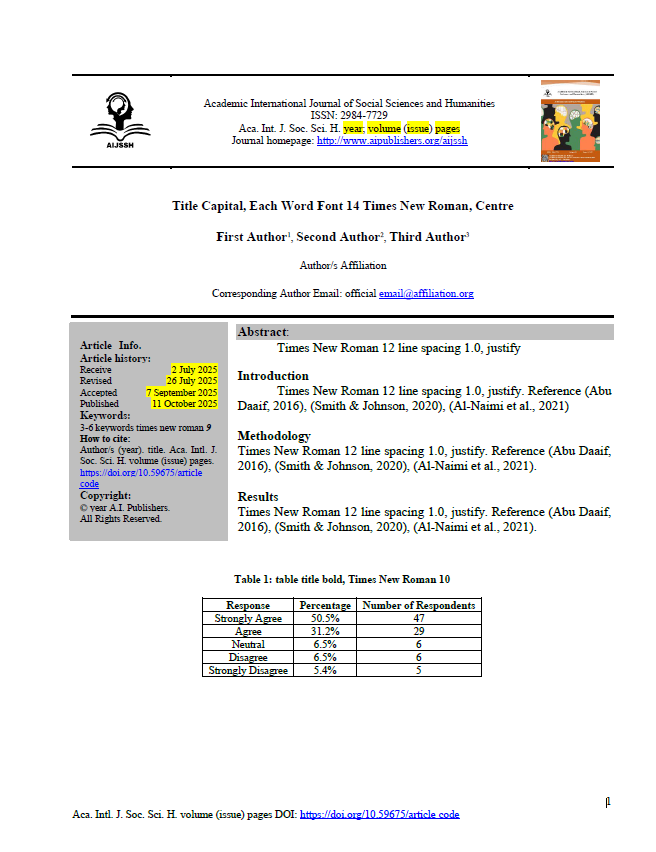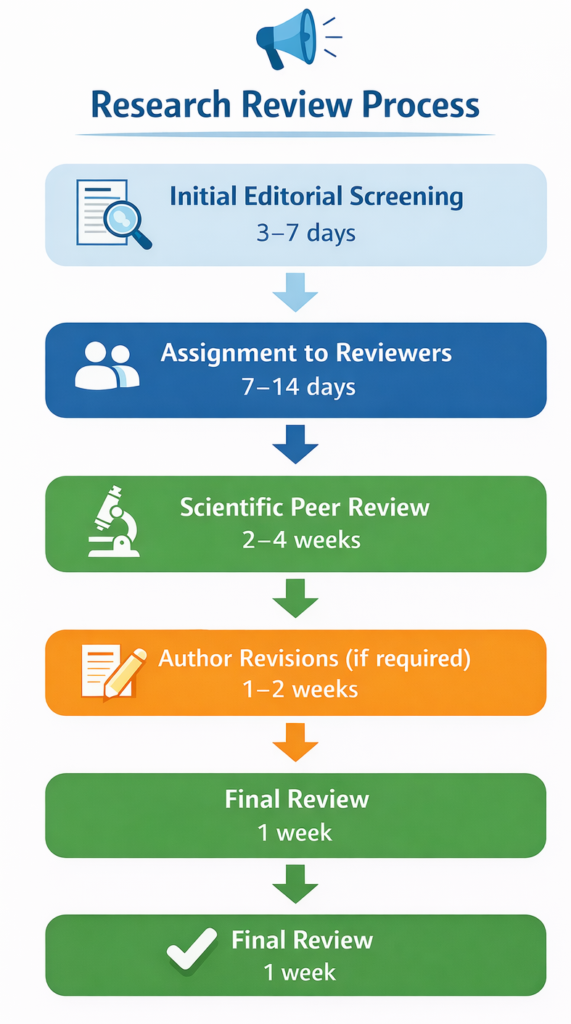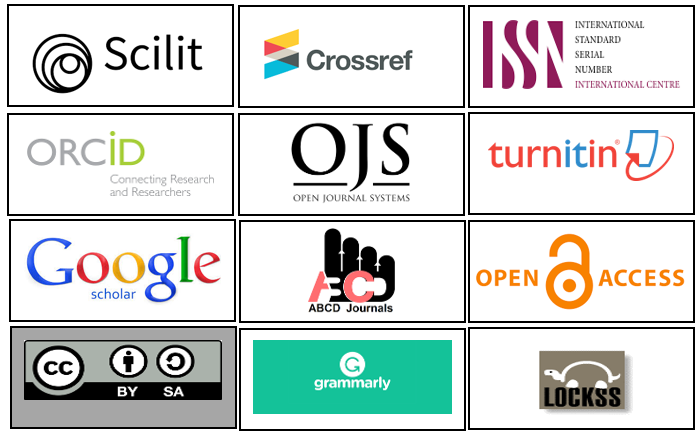Difficulties Encountered by Students of Translation in Rendering English Cultural Expressions into Arabic: Perspectives of Teaching Staff
DOI:
https://doi.org/10.59675/S222Keywords:
Translation, Culture specific terms Arabic LanguageAbstract
This study sought to investigate various issues related to translating English cultural expressions into Arabic and offer potential and suitable solutions. Specifically, it sought to analyze some of the challenges faced by students of translation in translating English culturally considered terms into Arabic using a communicative method. The descriptive analytical method was used in this study to confirm the research hypotheses. A questionnaire that the researchers created was given to four Sudanese government universities including, Omdurman Islamic University, University of Khartoum, University of Bahri. University of Sudan of Science and Technology and University of Khartoum who are teaching translation and English Language. 100 copies of the questionnaire were distributed online using Google form but only 72 were received. The gathered data was statistically examined using (SPSS). The study concluded that many translation students are unaware of employing communicative method of translation while translating cultural expression, and the primary outcomes can be described as follows: Most pupils are not proficient in cultural expressions for students, translating something non-culturally is the simplest task. Vocabulary deficiencies may make it difficult to translate cultural expressions
References
Abbas Mukhtar Mohamed Badawi, & Abdelgadir Ahmed Babikir Elssiddieg. (2024). Exploring the Causes of Translation Problems: Students’ Perspectives. Academic International Journal of Social Sciences and Humanities, 2(1), 29-36. https://doi.org/10.59675/S213 DOI: https://doi.org/10.59675/S213
Abdel-Fattah, H., & Zughoul, M. (2003). Translational collocational strategies of Arab learners English. Babel, 49(1), 57-77. Al-Dahesh, A. (2008). Translating idiomatic English phrasal verbs into Arabic (PhD Dissertation). University of Western Sydney DOI: https://doi.org/10.1075/babel.49.1.05zug
Albakry, M. (2004); Linguistic and cultural issues in literary translation; Retrieved November 17, 2006
Andini, T.M., 2014. Grammatical problems encountered by students in translating English into Indonesian and Indonesian into English. In The 61 TEFLIN International Conference, UNS Solo (Vol. 382).
Bell, R. T. (1998). Psychological/cognitive approaches; In M. Baker (Ed); Routledge encyclopedia of translation studies. London & New York: Routledge
Catford, J.C., 1965. A linguistic theory of translation (Vol. 31). London: Oxford University Press.
Cohen, A.D. (1984). On taking tests: what the students report. Language testing, 11 (1). 70-81. DOI: https://doi.org/10.1177/026553228400100106
Culler, J. (1976). Structuralist poetics: structuralism, linguistics, and the study of literature. Cornell: Cornell University Press. Graedler, A.L. (2000).
Dweik, B., & Abu-Shakra, M. (2011). Problems of translating collocations in religious texts from Arabic into English. The Linguistics Journal, 5(1), 5-44.
Gaber, J. (2005). A textbook of translation: Concept, method, practice. Al-Ain: University Book House.
Littlemore, J. (2003). The effect of cultural background on metaphor interpretation. http://dx.doi.org/10.1207/S15327868MS1804_4 DOI: https://doi.org/10.1207/S15327868MS1804_4
Higgins, I. (1992). Thinking Translation. London & New York: Routledge.
Jaaskelainen, R., (1999). Tapping the process: an explorative study of cognitive and effective factors involved in translating. Joensuu: University of Joensuu Publications in Humanities.
Krings, H.P. (1986). Translation problems and translation strategies of advanced German learners of French. In J. House, & S. Blum-Kulka (Eds.), Interlingual and intercultural communication (pp. 263-75). Tubingen: Gunter Narr.
Lefevere, A., 2016. Translation, rewriting, and the manipulation of literary fame. Routledge. DOI: https://doi.org/10.4324/9781315458496
Savory, T. (1968). The art of translation. London: Jonathan Cape Ltd
Ulanska, T., 2015. The role of linguistic factor in translation. Procedia-Social and Behavioral Sciences, 191, pp.2585-2587. DOI: https://doi.org/10.1016/j.sbspro.2015.04.237
Downloads
Published
Issue
Section
License
Copyright (c) 2024 Academic International Journal of Social Sciences and Humanities

This work is licensed under a Creative Commons Attribution 4.0 International License.







